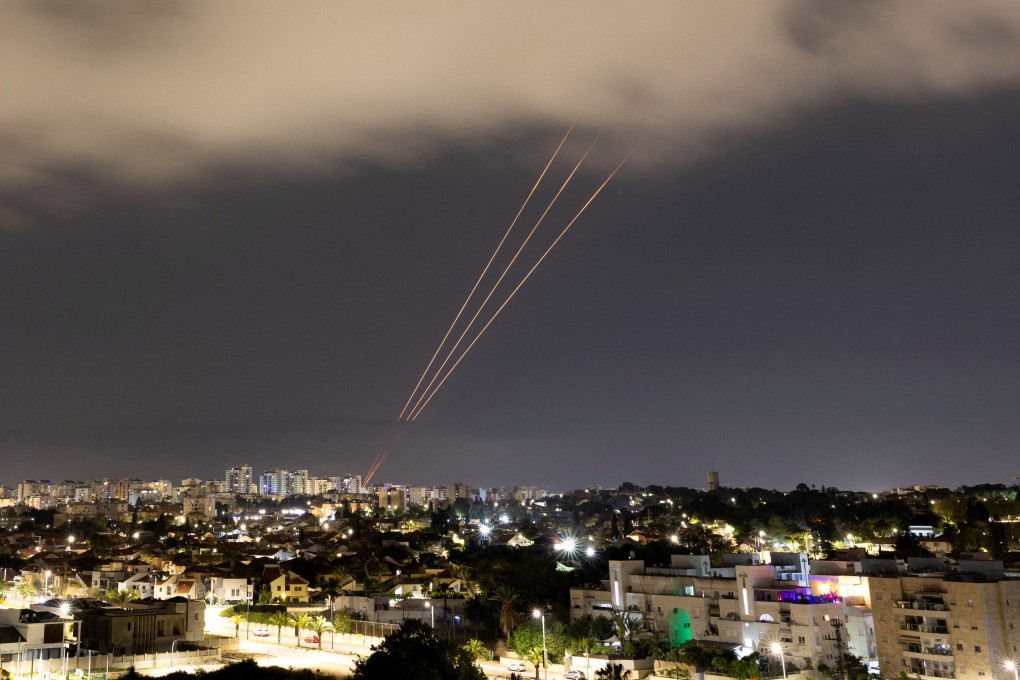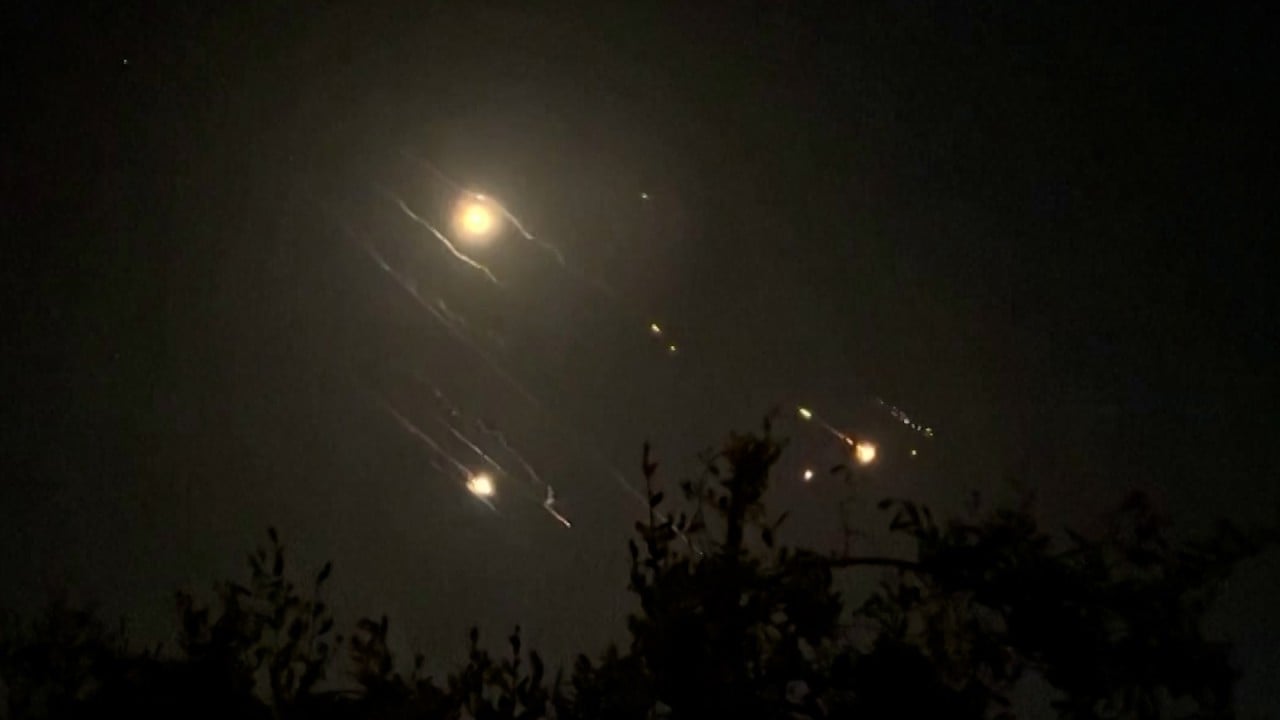Opinion | In Cold War 2.0, the collective rise of middle powers could tip the balance
- There are multiple geostrategic rivalries emerging between the West and authoritarian countries led by China, Russia and Iran
- But it’s not clear how it will play out amid global instability, the decline of democracies and doubts over the ‘marriage of convenience’

Unlike the first Cold War between the US and the former Soviet Union, we are now seeing the emergence of multiple geostrategic rivalries between the West and a group of authoritarian countries led by China, Russia and Iran.
While the dangerous escalatory cycle between Israel and Iran could drag the US into another intractable quagmire in the Middle East, China and Russia are also testing America’s limits as the last global hegemon in the Indo-Pacific and Eurasia.
Short of a full-fledged alliance to counter the US-led West, Beijing, Moscow, Tehran and Pyongyang have nonetheless edged closer strategically and militarily – largely over their shared enmity with Washington.
But how this Cold War 2.0 pans out is still up in the air given global instability, the decline of democracies worldwide, and doubts about the durability of “a marriage of convenience” among autocracies.
The collective rise of the middle powers – especially those on the front lines of this new cold war, such as India and Japan – could also tilt the balance of power between the two opposing camps.

